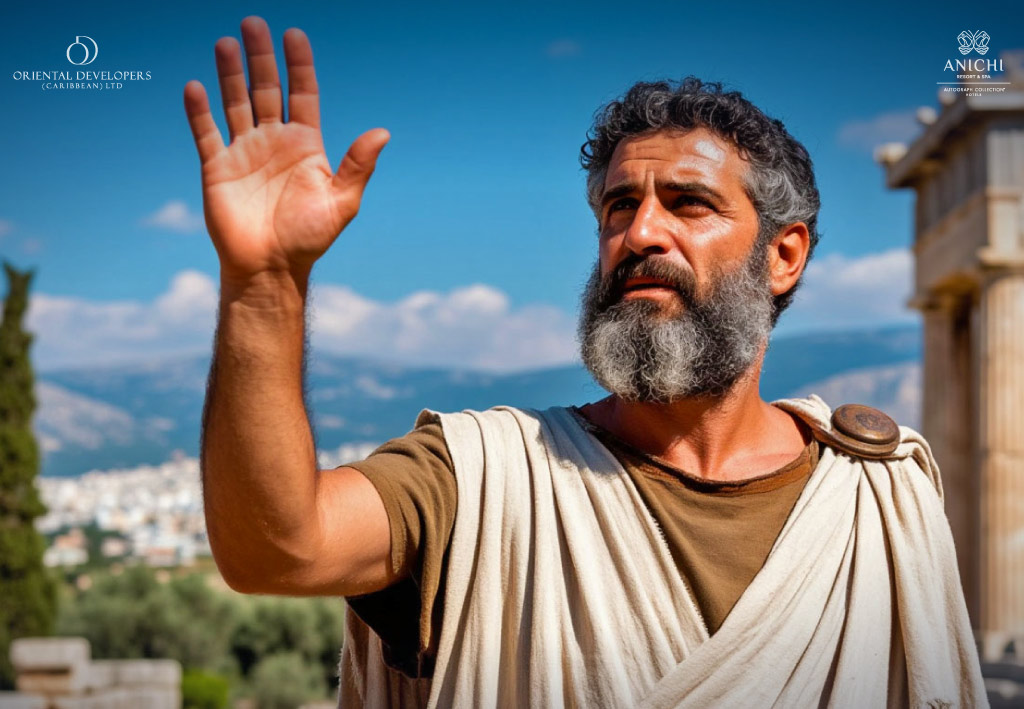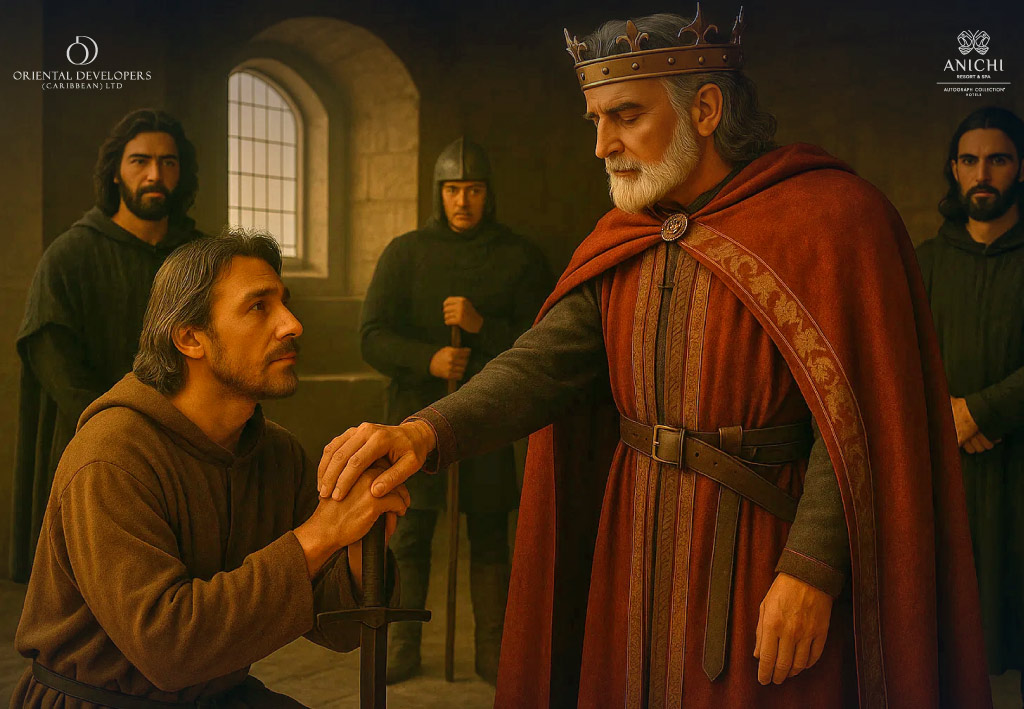
When someone says “I am a citizen”, they are not merely referring to a document — they are affirming a sense of belonging: to a state, to laws, to a community, to a system of responsibility and mutual obligations. But what did it mean to be a citizen a thousand years ago? Or a hundred? Or in an age where borders can be crossed in a second — not physically, but on a screen?
Citizenship is not a static concept. It emerges, disappears, and transforms — as a form of social organisation, a mechanism of governance, and an expression of personal identity. To understand what it means today, we must trace the path that brought it here.

Citizenship Evolution: Participation and Privilege
In Ancient Greece, especially in Athens, a citizen was not merely a resident. He was an active participant in political life, with the right to speak, vote, and govern. But this was a narrow group: only adult males born of Athenian parents. Women, slaves, and immigrants were excluded.
In antiquity, citizenship meant engagement in the life of the polis — with rights, but also duties: military service, religious sacrifice, legal participation.
Rome added a new dimension: citizenship as a tool of imperial integration. It extended beyond the city. After the Edict of Caracalla (212 CE), nearly all free inhabitants of the Roman Empire became citizens. This was the first large-scale experience of mass citizenship — used to build loyalty and manage a vast population.

Citizenship Evolution: Subjecthood and Dependencies
With the fall of Rome came the decline of universal citizenship. Europe reverted to feudal structures: individuals became subjects, not citizens. They belonged not to a state, but to a lord, a suzerain, or the Church.
Yet in the cities — particularly in Italy and northern Germany — a form of local citizenship began to emerge. In the Hanseatic League, Venice, Lübeck, citizenship meant access to trade, guilds, and legal protection within the city. It was not yet political participation, but it did confer social status.

Citizenship Evolution: Rights and the Nation
From the 16th to 18th centuries, profound shifts occurred. The idea of national sovereignty emerged (Westphalian Peace, 1648), print media and national languages developed, along with standing armies and centralised monarchies. Gradually, the subject became a citizen.
The decisive shift came with the French Revolution. The Declaration of the Rights of Man and of the Citizen enshrined citizenship as a symbol of equality, liberty, and political participation.
The 19th century turned this into legal norm. Civil codes (like Napoleon’s), passports, and naturalisation processes institutionalised citizenship as a legal status, rather than just an ethnic or moral affiliation.

Citizenship Evolution: Welfare State and Control
In the 20th century, especially after the world wars, citizenship became a key tool of statecraft.
The Universal Declaration of Human Rights (1948) codified the right to citizenship and forbade its arbitrary deprivation. Yet throughout the 20th century, many states violated these principles — through deportations, denials of rights, and the exclusion of specific groups. Citizenship became not only a means of protection, but also a mechanism of segregation.
Today we live in a world where geography, jurisdiction, and belonging are no longer tightly bound.
Citizenship has become a customisable asset — like a bank account or an insurance policy. No longer a sentence of birth, it is a strategic decision.

Citizenship Evolution: Flexibility, Choice, Asset
Paradoxically, citizenship — historically a collective function — has become an individual tool for securing legal freedom. We cannot choose where we are born, but we can choose the jurisdictions that protect our rights, freedoms, and assets. Today, individuals can act globally, protecting their interests and minimising risks.
But just like in Athens, one question remains: what are you willing to take responsibility for? Because to be a citizen is not just a right — it is always also a form of participation. Even if that participation is expressed through the deliberate selection of one’s jurisdiction.
Dominica’s Citizenship by Investment Programme is more than an alternative for the affluent — it is a legally sound means of expanding personal freedom, enhancing global mobility, and strengthening financial resilience. It also offers a path to safeguard loved ones and improve quality of life in a stable, open society. This approach reflects the next stage in the evolution of the very concept of citizenship.
Dominica launched its citizenship by investment programme in 1993 — one of the first to do so. Over thirty years, it has become a benchmark for intelligent legal openness:
Crucially — unlike the myths, obtaining citizenship in Dominica is a reciprocal agreement between the individual and the state, in which both parties gain value.
For this reason, Dominica’s experience should not be viewed in isolation, but as part of a broader transformation in the principle of citizenship itself. In the foreseeable future, citizenship is likely to lose its singular meaning. In place of one centre of belonging, there will be multiple parallel jurisdictions — each offering its own mix of rights and responsibilities.
Countries capable of building such relationships transparently and institutionally will thrive. Dominica is among the few that initiated this dialogue not through declarations, but through practical implementation. That is why today it draws the attention not only of investors, but of those studying the future.